Knowledge needs to be present regularly in the activities of Party organizations at the commune and ward levels, not just in research institutes, lecture halls or theoretical seminars. In particular, in the process of operating a two-level government model, knowledge is the foundation for planning policies, running local affairs and improving leadership and management effectiveness.
Platform for facility management
In Chi Minh commune, Hung Yen province, the dissemination of knowledge is taking place naturally and substantially. Chi Minh commune is a newly established administrative unit based on the merger of three communes: Chi Minh, Nguyen Hue and Thuan Hung.
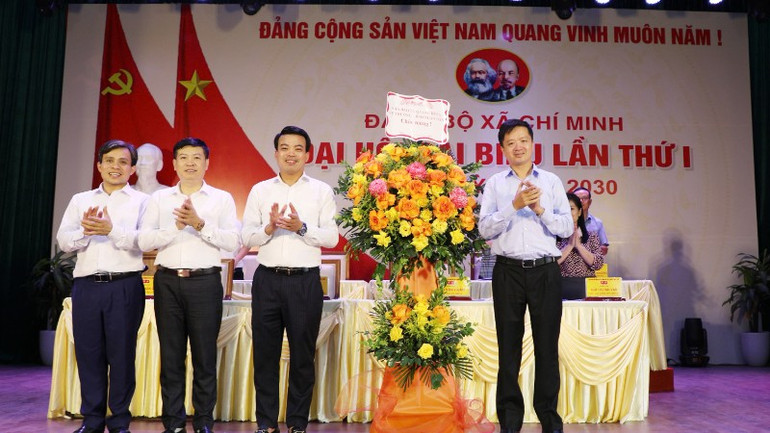
In an effort to reorganize the apparatus with many new challenges, the Party Committee of Chi Minh commune advocates making knowledge a part of political activities. From conferences, party cell activities to management and operation, knowledge goes along with each content of the Resolution, each step of task implementation.
According to Secretary of the Party Committee of Chi Minh Commune Le Quang Toan, in order for knowledge to truly enter grassroots political life, it is important to create a regular learning environment for cadres and party members. Immediately after the 1st Congress of Delegates, term 2025-2030, the Party Committee of the commune quickly implemented a specific plan to build a continuous learning environment, through thematic activities, political discussions, encouraging cadres and party members to read books, apply technology to training and update knowledge. Many cadres of Chi Minh Commune regularly read in-depth documents on culture, administration, and technology to improve their awareness and serve their work.
As a locality with a tradition of patriotism and studiousness, after the merger, Chi Minh commune continued to promote its endogenous cultural strength to build a solid political system, a great national unity bloc, comprehensive socio-economic development, and maintained national defense and security.
The commune Party Committee strictly implements the policy that the Secretary is not a local person, 22/22 Party cells have a Secretary who is also the Village Chief. The models of "Four Good Party Cells", "Four Good Party Committees" along with the movements of building exemplary new rural areas, e-government, and transformation contribute to improving the quality of administration and the effectiveness of serving the people.
In the context that Hanoi and the whole country are implementing a two-tier local government model, the role of knowledge and vision of leaders is an important lifeblood for development. That promotes innovation in management, especially the thorough application of information technology, digital transformation, accelerating administrative procedure reform, and at the same time being able to propose a modern model suitable for the development level of the locality, contributing to improving the quality of public services and the effectiveness of state management. "We hope to attract intellectuals living in the ward to participate in advising, criticizing, and contributing ideas so that the government can promote a development model of the ward," said Mr. Nguyen Truong Son, Secretary of the Party Committee of Hoang Liet Ward, Hanoi.
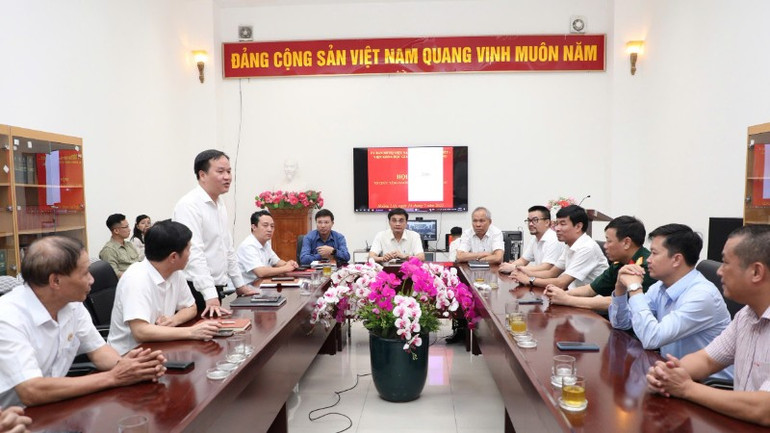
According to comrade Son, a society moving towards a better future cannot lack a generation that knows how to read, think and act. In every family, agency or organization, arousing the spirit of reading and lifelong learning is a contribution to preparing well for a civilized and self-reliant future. Therefore, reading culture is not an individual behavior, but a flame that nurtures thinking, shapes personality, broadens vision, and arouses aspirations to rise up in life.
Turn knowledge into action
In the flow of national development, the intellectual team always plays an important role. The tradition of valuing educated people was maintained by feudal dynasties with the "civil governance" institution, and in modern times it has been further promoted.
President Ho Chi Minh once called on and brought many overseas Vietnamese intellectuals back to the country to join hands in serving the nation and the resistance war. During the two resistance wars against France and the US, the intellectuals were given great attention and importance by our Party. Engineer Tran Dai Nghia manufactured weapons and was the first Director of the Military Arsenal, along with intellectuals such as Nguyen Van Huyen and Bui Bang Doan, who left a deep impression with their intelligence, creativity and devotion to the country.
In the current period, the requirement for cadres, especially at the commune and ward levels, is to have solid knowledge and civilized behavior. When many key cadres are transferred from the province and city to the locality, their management capacity cannot be based solely on seniority or position, but must be consolidated by a foundation of deep understanding, listening, persuasion and service to the people. "When that team matures in knowledge and practices responsibly, grassroots political life will operate more effectively and convincingly," writer Phung Van Khai emphasized.
Grassroots cadres, those who directly implement policies and guidelines, need to have the habit of reading books, practicing critical thinking, and acquiring knowledge. Reading is not for display, but to improve thinking and move towards correct actions, to serve the people more effectively.
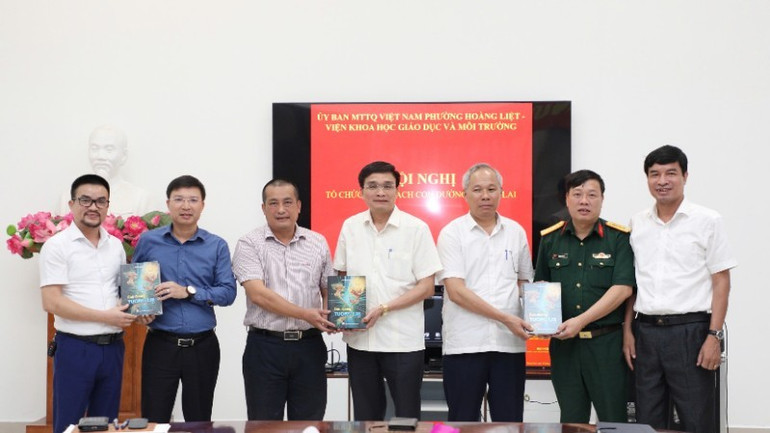
However, reading also requires selection and clear goals. Between reading, absorbing and turning knowledge into action is a process, requiring refinement, the ability to connect with reality and responsibility at work. Each book helps us draw out messages and meanings.
Writer Phung Van Khai gives an example: “Like the book 'The Road to the Future', writer Xuan Tuan has very good ways of managing finances, has cultural developments, has introductions about Vietnamese customs and practices, Vietnamese character, even Vietnamese bad habits. Therefore, we read to draw lessons for ourselves to practice.”
Thus, it can be affirmed that for knowledge to truly spread and promote its value in grassroots political life, the whole system needs to join hands. Bright models such as Chi Minh commune (Hung Yen) and Hoang Liet ward (Hanoi), along with the active role of intellectuals and the attention of leaders at all levels, knowledge is increasingly becoming an important foundation for local development.
Receiving and applying knowledge is no longer the responsibility of each individual cadre and party member, but an inevitable requirement to build a clean, strong, and truly serving-the-people grassroots political system.
Source: https://nhandan.vn/lan-toa-gia-tri-tri-thuc-trong-doi-song-chinh-tri-co-so-post894013.html


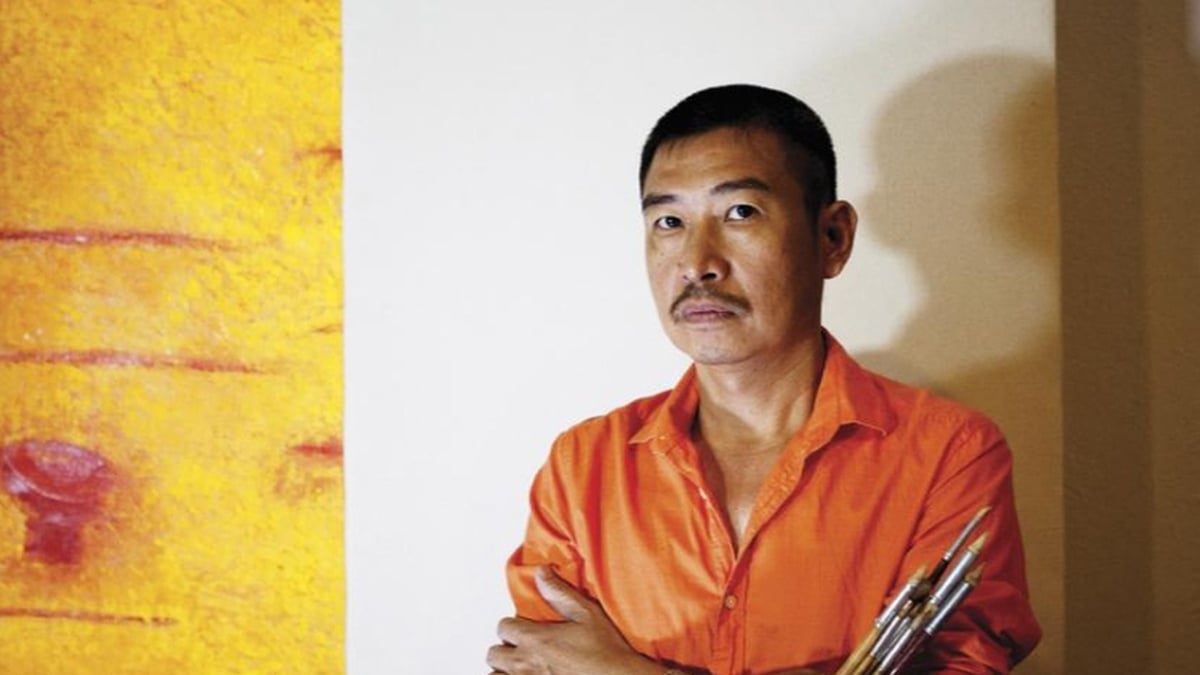
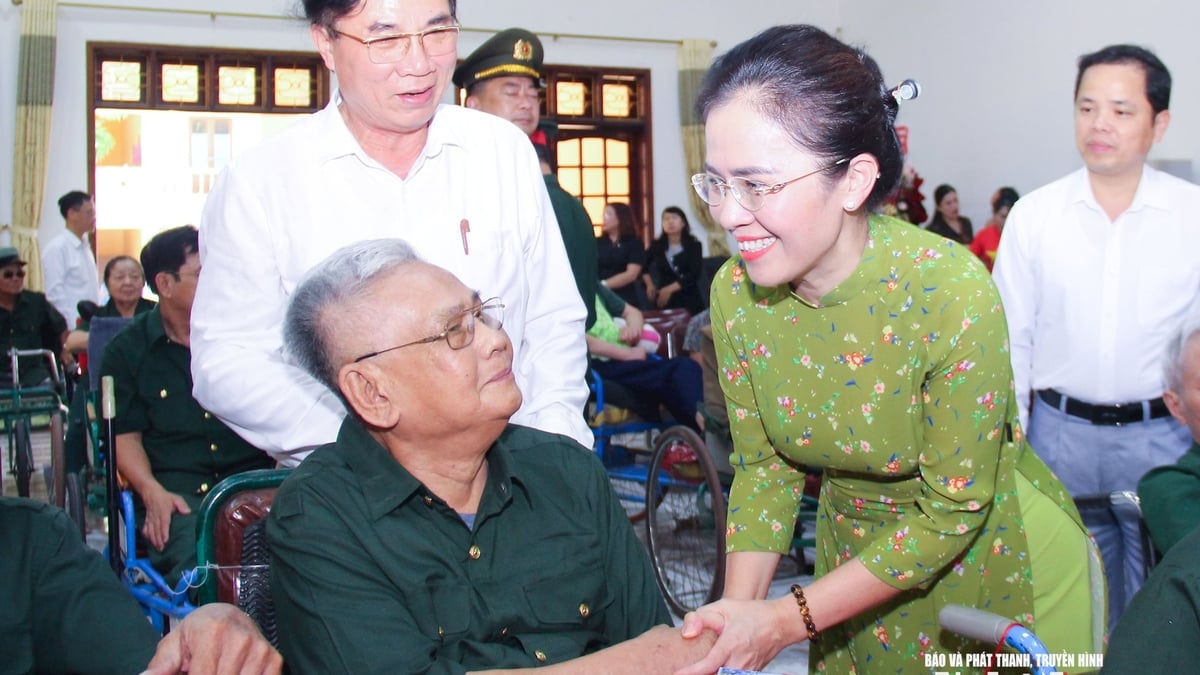
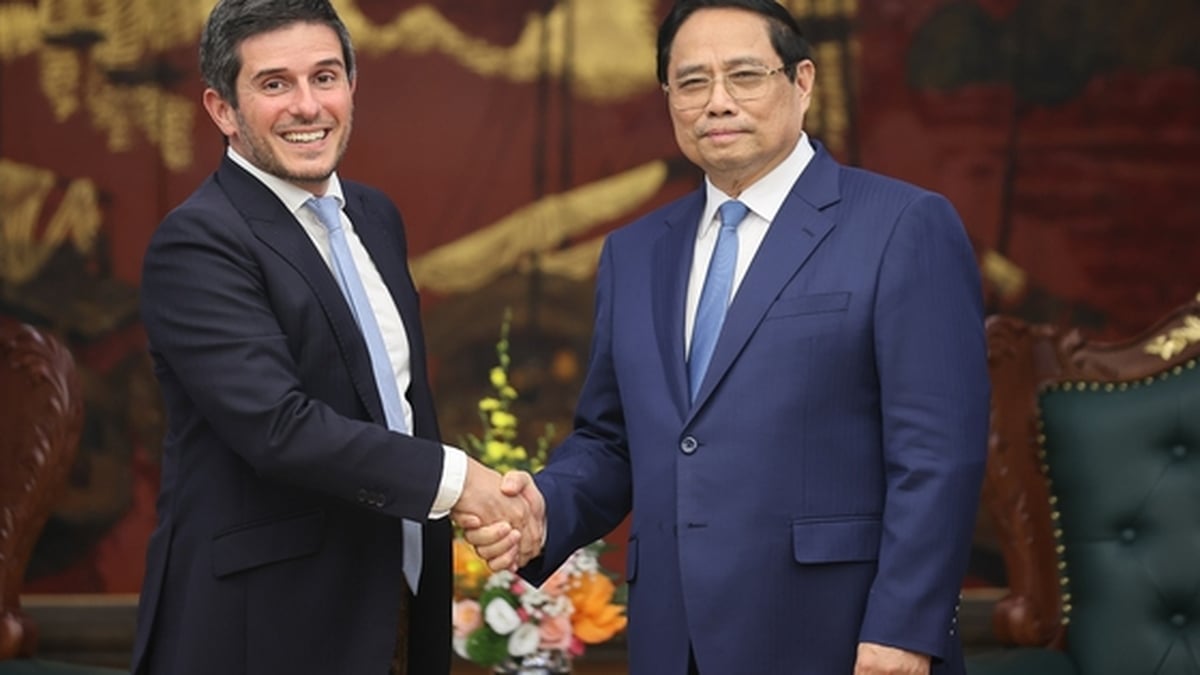
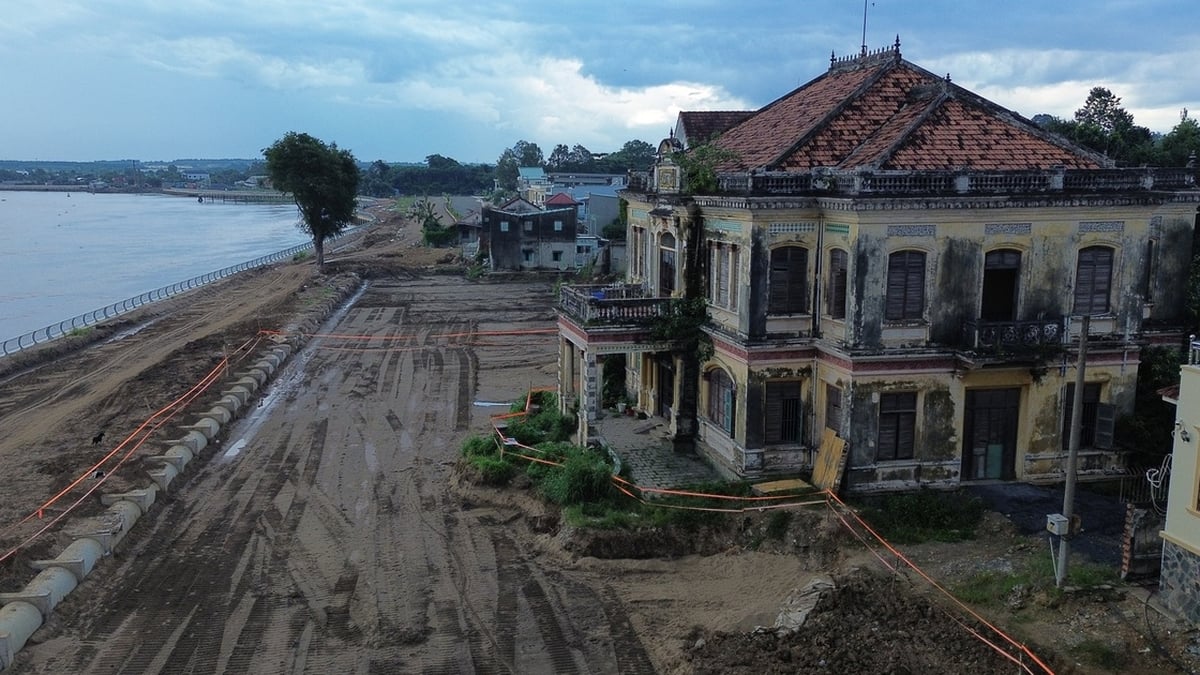
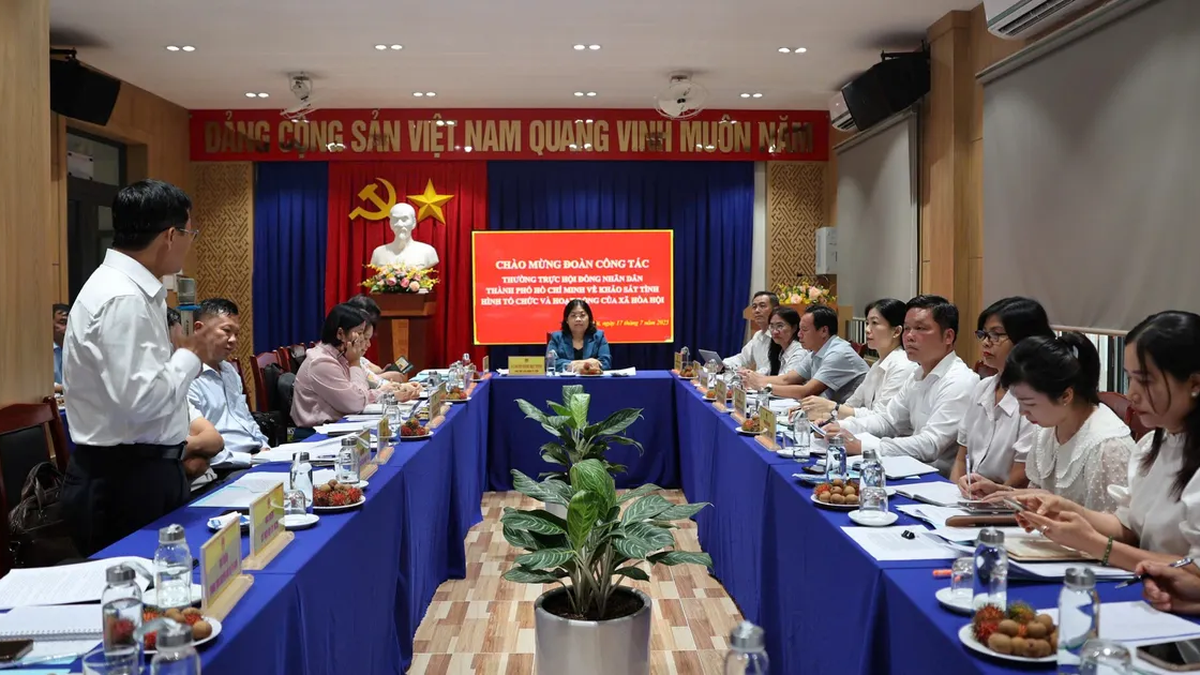

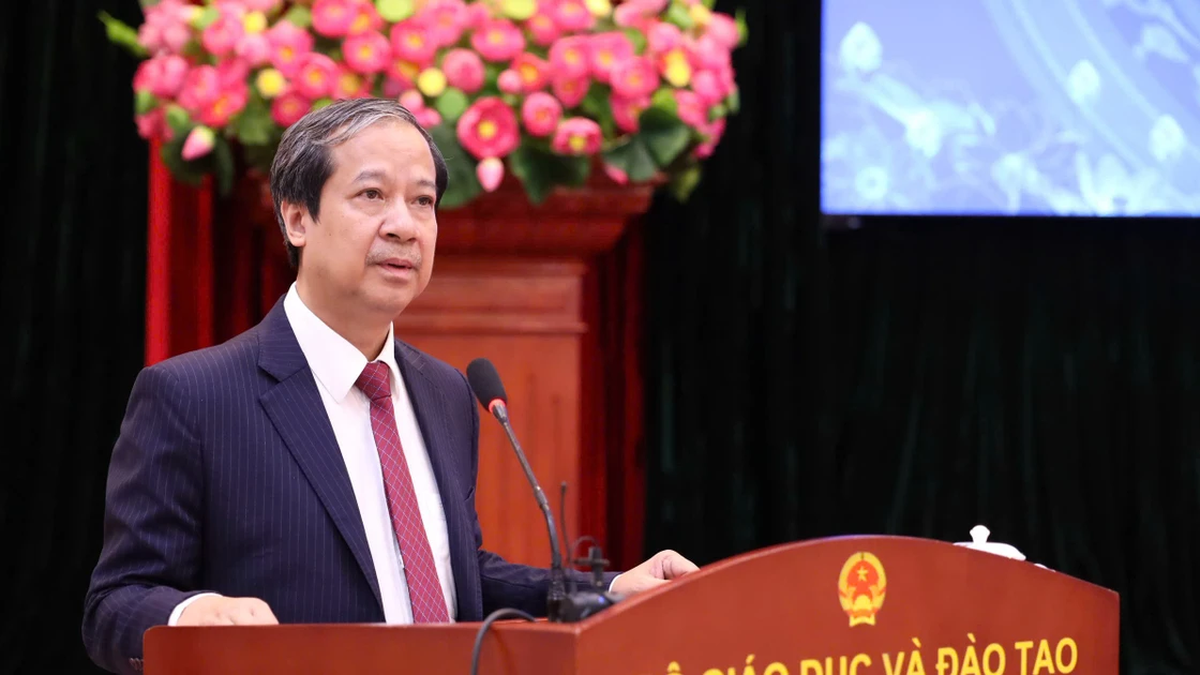
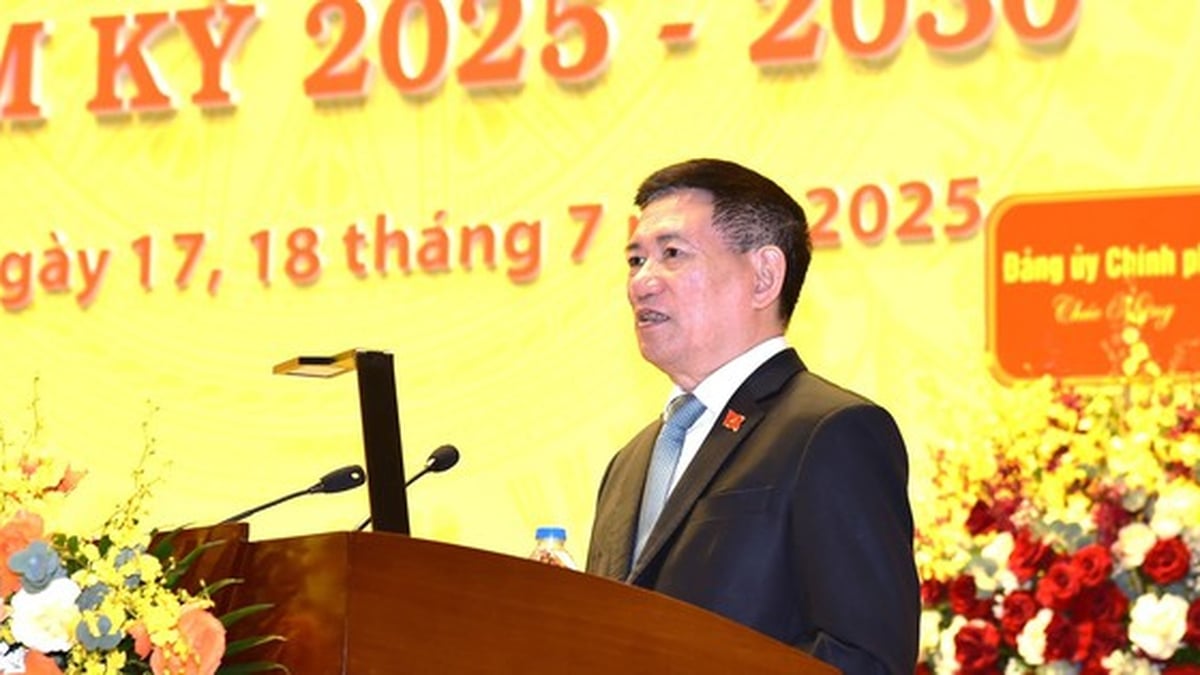

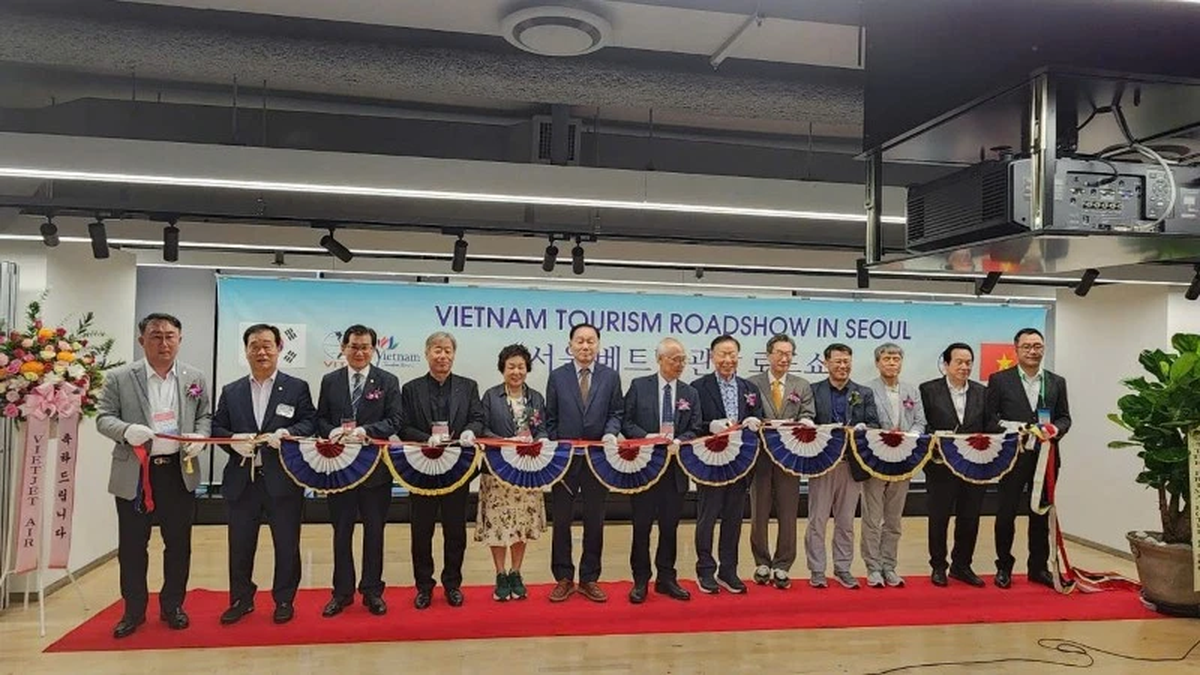




















































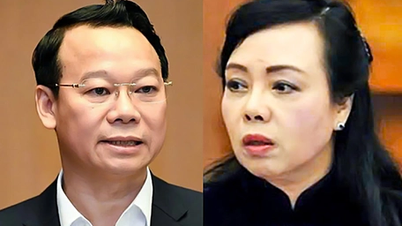
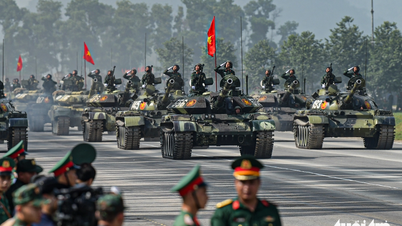

































Comment (0)